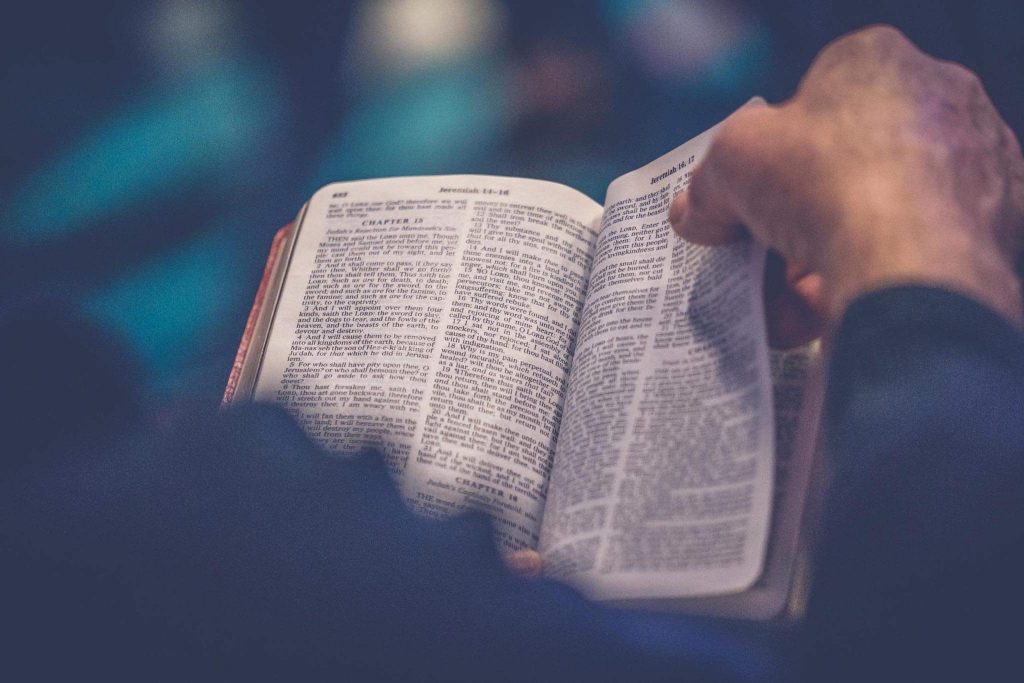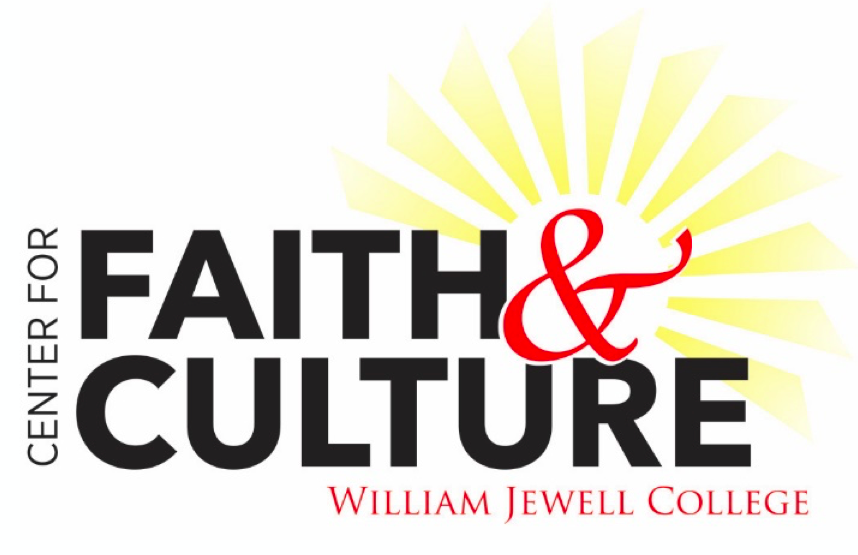
After several years of inactivity, William Jewell College is restoring spiritual services with the launch of its Center for Faith and Culture. The comprehensive program focuses on individual spiritual exploration with campus- and community-wide courses, meetings and resources.
This year’s leadership for the Center includes Reverend Craig MacLeod Walls, director of the program; Reverend and Chaplin Melissa Bryson Dowling; and Brendon Benz, theologian-in-residence and professor of history.
The Center, which was initially announced to begin in fall 2021, is stated to be modeled after a similar program at the Yale Divinity School. According to the Center’s webpage, Philip (‘71) and Patricia Love greatly contributed to the program financially and ideologically. Previously appointed as the managing director for the Yale Divinity School’s own Center for Faith and Culture, Philip Love brought the idea to Jewell’s President’s Advisory Council to be expanded upon and eventually implemented this year.
The Center was created with the intent to “foster spiritual exploration, authentic dialogue, and contemplation of the known and unknown in pursuit of wisdom, reconciliation and human flourishing,” according to its “Inaugural Season” brochure.

As a means of fulfilling this mission, the Center hosts “personal flourishing classes” dedicated to spiritual exploration at partnered churches in the Liberty area. The classes are open to both Jewell students, faculty and staff, as well as the broader Liberty and Kansas City community. Partnered churches, including the Country Club Christian Church, Second Baptist Church, Grace and Holy Trinity Cathedral and Village Church, provide speakers on certain topics who then host courses that seek to bridge the divide between the sacred and the secular. Members of Jewell’s faculty also contribute as speakers to the course listings for the Center’s 2022-2023 class schedule.
Aside from emphasizing the importance of community and personal flourishing in a spiritual context, the program also seeks to engage with Jewell students directly. Benz cited one such effort as the upcoming “Fellows Program.”
“We hope to bring in between 10 and 20 students every year…who will have their major…then a minor in what we’re going to call Faith and Culture,” Benz stated. “And that’ll be basically [composed of] five sacred and secular courses with intense discussions, especially during their first year, on… what [their] intended major is going to look like, as a person of faith and as a person who takes spirituality seriously.”
The Center also aims to expand the range of Sacred and Secular Critical Thought & Inquiry courses offered to students. With the Fellows Program and new courses set to explore spirituality, Benz said he hopes students can integrate faith and spirituality into their lives during their college years and beyond.
“A life of faith intersects with vocation – with life,” Benz said. “Too often those two are separated: sacred and secular. [These] flourishing courses are about the intersection of [students’ and faculty’s] discipline and faith. So, for example, how do I live well in political science, and how does my faith inform my accounting, as in personal finances?”
According to the Center’s webpage, personal flourishing courses and the Fellows Program will emphasize Christian values and Biblical teachings, but they still intend to engage in interfaith dialogue to “acknowledge the points of continuity that unite us even as we acknowledge and wrestle with our differences.”
“We already have an imam teaching a class on Islam and the Muslim experience here at Jewell, Dr. Howard teaching [a course on] Black freedom movements [and] a priest who is discussing Catholicism,” Benz stated. “Part of the Fellowship Program will be a deeper dive into understanding our differences between religious traditions, but also similarities—embracing the differences, recognizing those and not trying to iron them or cover them over. [To] find that in spite of our differences—in spite of our different views on reality—we can work together for a better world.”
Reverend Dowling’s role as college chaplain is particularly responsive to the needs and wants of the student body regarding spirituality and introspection. She said she hopes to “meet with as many students as possible” during her first year as Chaplain. To this end, she leads weekly “The Reflective Self” meetings and has established “Chaplain Chats,” which provide students with an opportunity to have one-on-one support discussions. Reverend Dowling said she is also interested in “connecting [students] to the broader community.”
The Center’s interconnections between students and the community are reflected in the leadership structure of the center. As explained by Reverend MacLeod Walls, Reverend Dowling and Benz, the program’s leadership is “community-facing,” “student-facing” and “academic-facing,” respectively. However, emphasized by Benz, there is significant overlap amidst their respective roles.
Reverend MacLeod Walls said he is especially positioned to engage with the broader Kansas City and Liberty community, as well as alumni—in line with Philip Love’s vision of the Center. The personal flourishing classes are specifically meant to be responsive to the needs of a broader spiritual community, reflected in the courses’ open enrollment and price range.
Further, the Center itself represents an important occasion in the college’s history. According to Reverend MacLeod Walls, “It’s really important to recognize that [Reverend Dowling] is our first female chaplain in 173 years.”
Reverend Dowling and Benz note that the Center may be similar to a traditional academic department in many ways, but it is unique in that it is also a dynamic program.
“The center isn’t a static thing. It’s going to grow and evolve as we figure out what it’s capable of,” Reverend Dowling said.
In all, the Center for Faith and Culture will have a variety of opportunities to offer students, faculty and the broader Liberty and Kansas City community this year and in the future. The leadership of the Center said they are excited about restoring a structured faith and culture program at Jewell, and they will continue to discuss new ideas about symposiums, sacred art and community classes and college courses.
“We’re creating something, and that’s what’s exciting about this,” Reverend MacLeod Walls stated. “Some things will not work. Some things we’ll have to discard and try something else.”
